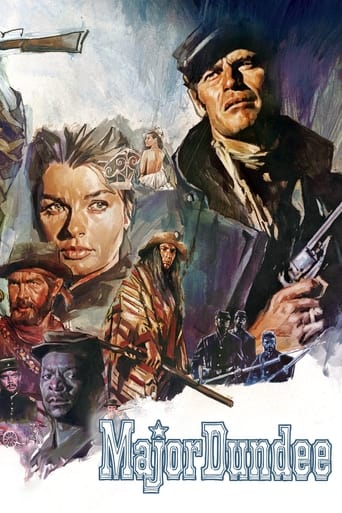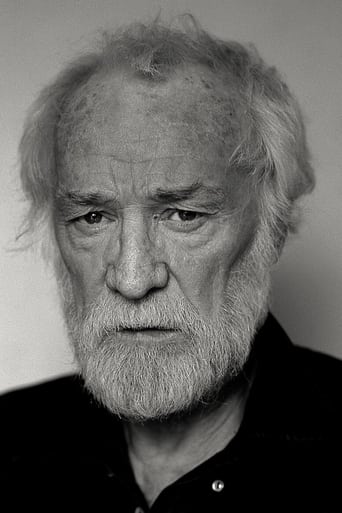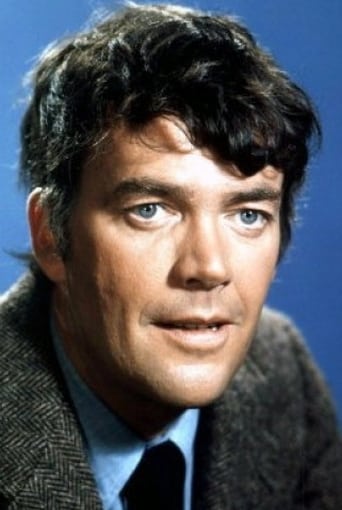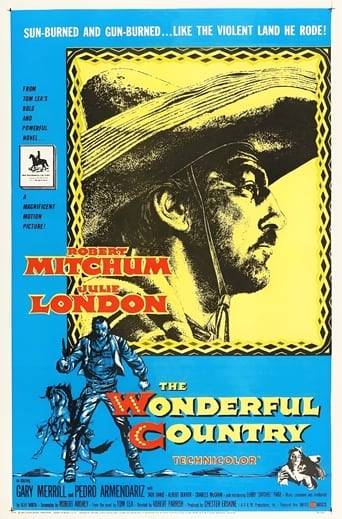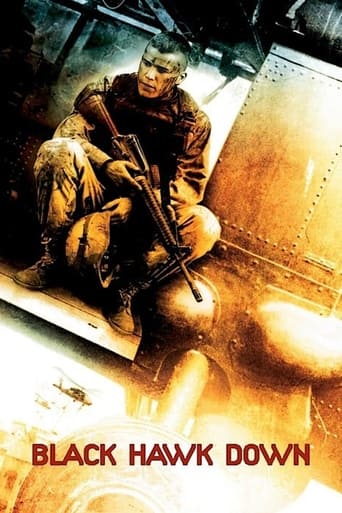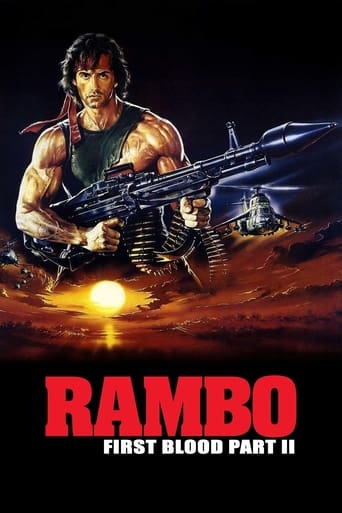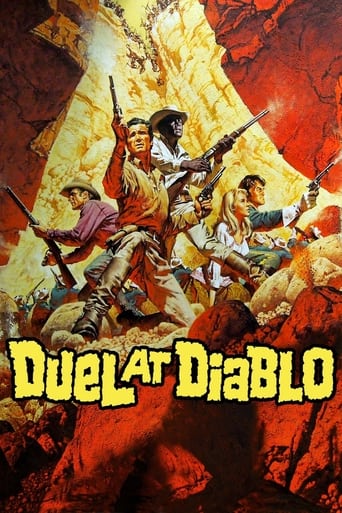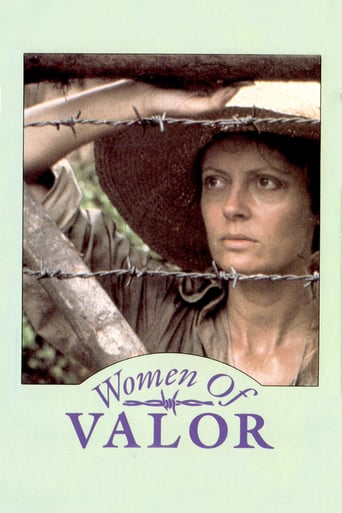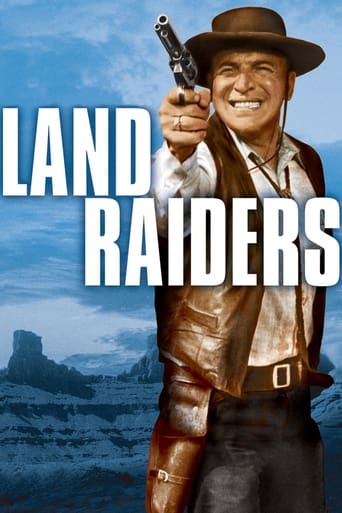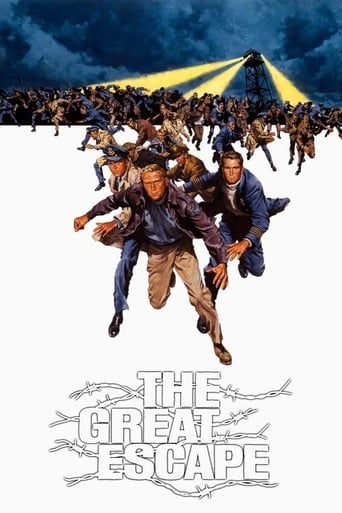Major Dundee (1965)
During the last winter of the Civil War, cavalry officer Amos Dundee leads a contentious troop of Army regulars, Confederate prisoners and scouts on an expedition into Mexico to destroy a band of Apaches who have been raiding U.S. bases in Texas.
Watch Trailer
Cast
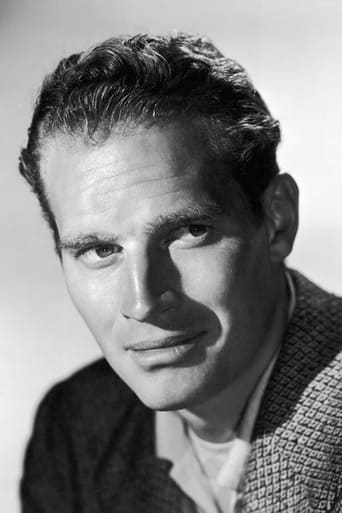


Similar titles
Reviews
I think this is a new genre that they're all sort of working their way through it and haven't got all the kinks worked out yet but it's a genre that works for me.
Highly Overrated But Still Good
Crappy film
While it doesn't offer any answers, it both thrills and makes you think.
Seeing this film I knew nothing about the butchered original or the restored version,But I immediately thought this film was very like John Waynes'"The Alamo". Both films had bloated screenplays that seemed to promise more than what they could deliver,and both films suffered from being too long and unfocused as to what the story was really about. Both films had financial problems that led to the lead actor spending their own money to try to get the film finished. Though both go on too long, they both stop to have a Mexican Fiesta and dalliance with women instead of getting on with the action that the real story is about anyway. Both have good,even great spots, but over all drag on and are not as great as you would hope they could be.
They stumble onto the remains of a village in which curvy Berger is tending to the sick and dying. Needless to say, she sparks the interest of both Heston and Harris, only adding to their enmity. Eventually, the motley band of soldiers finds itself hunting Apaches while being hunted by French soldiers who are occupying Mexico. This escalates into an almost impossible situation when Heston's group reaches a river with the enemy both in front of and behind him. All the elements for a grand-scale, epic story are in place, but it falls short of excellence because of the problems in the editing room. Heston is great as the damaged, but heroic Major. Harris, though oddly cast and sporting that goofy blue eyeshadow he favored in the 60's, is also strong and the two make great adversaries. Coburn's role is smaller, but he gives it impact. Berger's role epitomizes the words decorative and obligatory, but she is luminous, especially when she isn't continuously yanking on her shawl (which happens VERY often!) The cast is chock full of excellent actors who enhanced many western films and television series. Oates has a nice turn as a Confederate who tests Heston's mettle (though he is referred to many times as a boy and was 37 years old!) Anderson is very endearing as a young bugler who becomes a man during the conflict. (Palacios, who plays his love interest, married director Peckinpah after this.) The primary problems seem to come in the mid to late section of the film when many things happen to the characters in swift succession and it's hard to completely gather their motivations and the timing of the actions. This section was clearly cut, haphazardly, and it weakens the narrative and the pace of the film. (Note Heston's sudden beard which appears out of nowhere.) Also, some of the battle sequences are edited so choppily that it's difficult to see who's being killed off! One must just assume, from whoever's left at the end, that the rest of the characters didn't make it. Still, the action scenes in the film are excitingly staged and the actors go a long way in putting the story across. Though it is rarely shown in widescreen, that format is a must for fully appreciating the camera-work and composition of the film. Heston, who admired (but tangled mightily with) Peckinpah, wound up making no money for his work as he put up his salary to help defray the cost overruns.
I realize that Sam Pekinpah has made some genuinely sensitive and understated films -- "The Wild Bunch," of course, and "Ride The High Country," for instance. Man, they were filled with unpredictable incidents and characterological touches.This isn't one of his better movies. I don't know exactly what went wrong. The screenplay was written by Harry Julian Fink, who touched a very public exposed nerve in "Dirty Harry", probably without realizing the mental organ it was connected to. He was more at home with TV shows like "The Rifleman," where complexity and ambiguity are never an issue.In this instance, it's as if the story flung together haphazardly a bunch of groups with antagonistic purposes -- the Union cavalry, the Confederate POWs, the renegade Apaches, the French troops occupying Mexico at the time, and the Mexican peasants themselves -- then Fink sat back and tried to dream up all the conflicting permutations he could, inserting them periodically into the narrative.Pekinpah has got his usual character actors with him here and they're good, as usual. No problem with the likes of Ben Johnson, Slim Pickens, or Warren Oates. And Richard Harris as the spirited Confederate commander hits his marks and speaks his lines in a properly clipped military manner, with Irish overtones. "I have been three men," he tells Heston, "and that's enough for one lifetime." Heston thinks for a moment, then recites the identities: "Irish immigrant, cashiered officer, and now prisoner. I don't like any of them." But Heston is a problem throughout the film. He's fine in the right role -- massive, immovable, mountainous -- but he's no good at enacting an existential crisis. And when he's supposed to bleary and skunk drunk, you can't really tell because he's just as dignified as he was in real life. Nope, Charlton Heston could never play a touchy, volatile Pekinpah hero. They needed someone with more edge, somebody who could go corybantic, berserk on us. Instead they got Moses.I'll give two more examples of weaknesses, one for which the director is responsible and the other for which I'm afraid the writer must be put before a firing squad and executed. When the combined force are supposed to be having a grand time in a Mexican village, Pekinpah has every one of them smiling and drinking out of the bottle and dancing with the lovely senoritas while a band plays in the background -- and every actor is wearing a smile as convincing as that of a member of a synchronized swimming team. And, at the climax, Fink has Richard Harris -- truculent and murderously rebellious throughout -- charge a regiment of French lancers with a big grin and get himself hacked to death. Why, you ask? There are some things man was never meant to know.It gets a plus for Harris's quote from a fave stanza from Omar Kayyam: "Awake! For morning in the bowl of night has flung the stone that puts the stars to flight." It gets another plus for having some conversational exchanges in French and Spanish without having some audience proxy standing there asking, "What'd he say? What's he saying?" But the viewer should best expect to emerge from the film nonplussed and dusty.
Sam Peckinpah's 1965 western Major Dundee is a near-great film that has a checkered history. The tale of its mangling by the studio that took it out of Peckinpah's hands is as well known as the butchery that accompanied Orson Welles' The Magnificent Ambersons or Touch Of Evil, or Erich Von Stroheim's Greed. But, Columbia studio's restored 136 minute long DVD version of the film really shines. Yet, some critics have still damned the film as a 'noble failure' or the like. This is too bad since the film is likely the most realistic and gritty Western ever made, and on the heels of Ride The High Country (1962) showed Peckinpah as a director with a bright future.It is filled with great shots, a great lead performance by Charlton Heston as the lead character, Major Amos Dundee, and terrific supporting performances. Heston's Dundee is a great character, and may be Heston's role. Heston is the epitome of intelligent machismo, in a role that a John Wayne would have butchered, and that Kirk Douglas could never have gotten away with. Dundee is frustrated, but we never know why. Yes, he had been sentenced to a job as a prison warder, and we get hints of his past troubles. But, then we get this wonderful interlude, at the start of the third act of the film, where he falls in love with a Mexican prostitute, Melinche (Aurora Clavell), after being shot and diving into drink. Then he recovers, to face off against his main antagonist, and perseveres, and survives.Despite critical claims that the film loses its way, this is not so. In fact, the fact that the film does not end in faux heroism is one of its virtues that makes it so relevant today, especially in light of its many parallels with the ongoing Iraq War. The only negatives the film really has are an obligatory- but thankfully brief, love angle forced upon Peckinpah by the studio, and a bit too hammy performance by Richard Harris as Dundee's main antagonist, a Confederate soldier and longtime rival of Dundee's, Captain Benjamin Tyreen, who is forced to accompany him on his quest to track down and kill an Apache band of murderers. Harris agrees, but only 'until the Apache is taken or destroyed.' Harris's British accent is all wrong (even if the film implies he had a European education to explain it away by his stating, 'Never underestimate the value of a European education'), as he is supposedly Irish, and his character is probably the least realistic of all the ones in the film- something more out of a swashbuckler film.The screenplay was written by Harry Julian Fink, Oscar Saul, and Peckinpah, and it's terrific. The film also has a sepia tinge to it that is just about right for the film, and is glorious in its 2.35:1 aspect ratio . Major Dundee, the film, also succeeds because of its realistic subplots, great acting, and some terrific scenes, such as an early comic scene involving Dundee trying to teach Graham how to smoke, and the gory aftermath of a battle that shows much scarring, and ends with the men dying days after their wounds, not in glorious battle. Yet, Major Dundee, the character, succeeds because he is a great survivor, and one of Heston's greatest roles. Just a couple of years later, Heston would use many of the signature traits he developed in this role and apply them to his great role as Colonel George Taylor, in Planet Of The Apes, as well as his other classic sci fi characters in Soylent Green and The Omega Man. The film is an unintended classic and a near-great film, despite both the studio interference and Peckinpah's tendency to gild his filmic lilies. What it might have been without either of them- better or worse, is anyone's guess. What it is, however, needs no guess. Major Dundee is a hell of a good film, and far better than many other overrated Western classics.

